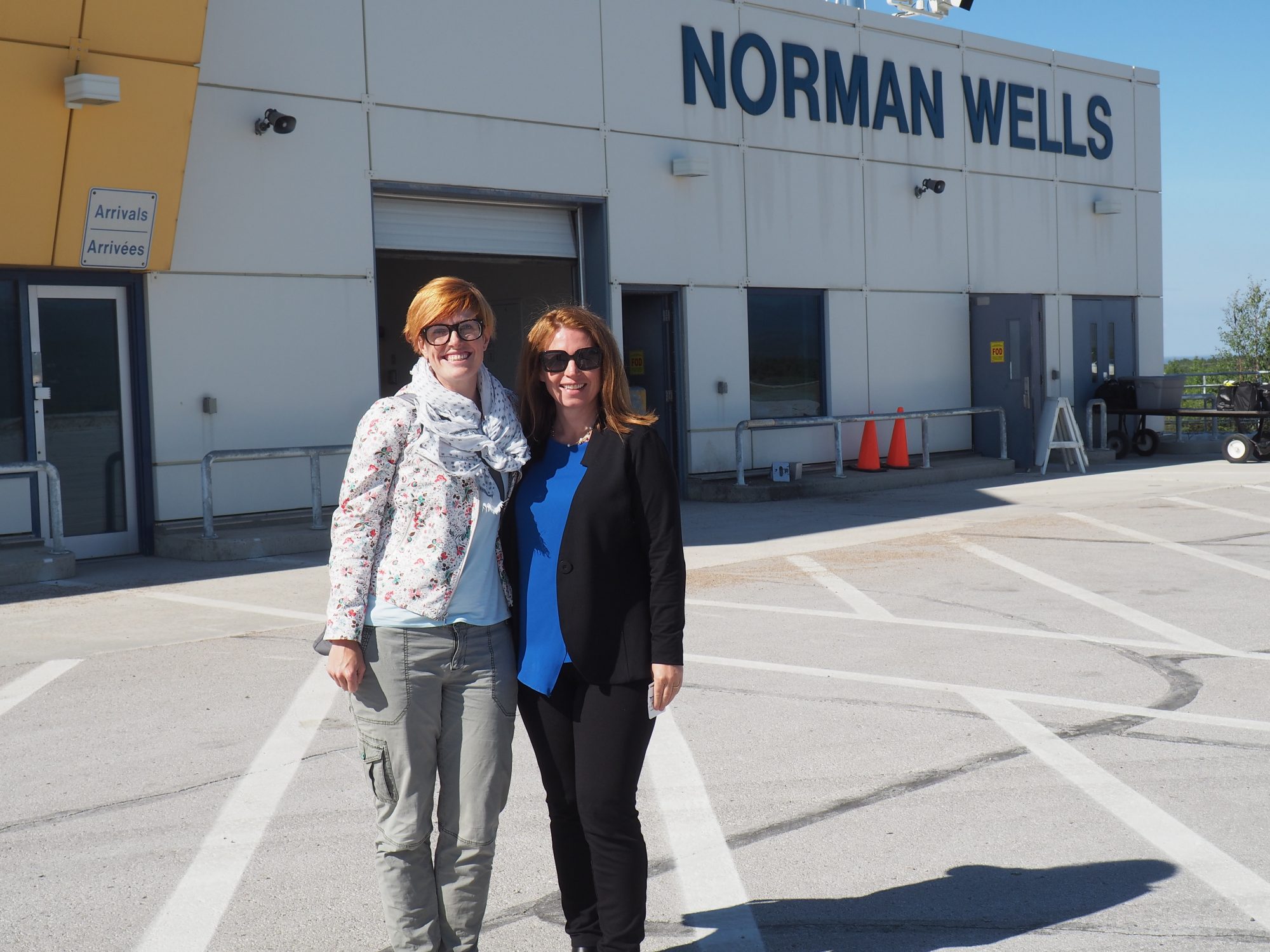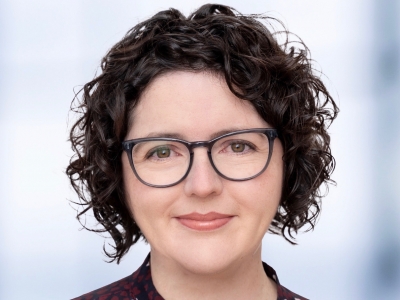
Kyla Reid, the Research Facilitator in the Faculty of Public Affairs, and Stephanie Irlbacher-Fox, the principal researcher for the SSHRC Partnership Grant.
Researchers and Indigenous partners are working together to improve treaty implementation.
Growing up in Inuvik, Northwest Territories, Stephanie Irlbacher-Fox was accustomed to living in a region where Indigenous people held the balance of power in government. But when she visited southern Canada, she was surprised by what she found.
“It was so odd that Indigenous people were so prominent up here and virtually invisible in southern Canada,” she says. “Because of that, I became really interested in political science—in the North in particular—and in the negotiation of land claims.”
Dr. Irlbacher-Fox is an adjunct professor in Carleton’s School of Public Policy and Administration (SPPA). She is based in Yellowknife, NWT. For the SSHRC Partnership Grant, she recruited academics from five universities, and land claim practitioners from five different land claim organizations and Indigenous self-governments, to find out how modern treaties are implemented—or not.
“Indigenous peoples’ organizations like the Land Claims Agreement Coalition (LCAC) have been trying to get the government to undertake its legal obligations in the agreements,” explains Dr. Irlbacher-Fox. “The LCAC’s key purpose is to lobby the federal government to live up to its’ Treaty promises.”
However, there hasn’t been much research done on treaty implementation. Dr. Irlbacher-Fox says that may due to a lack of collaboration in the past.
“Part of the problem is that researchers need to have a solid relationship with the Indigenous community in order to effectively undertake research,” she explains. “For this grant, we are working closely with the LCAC and practitioners from member governments as full partners.”
The six-year SSHRC Partnership Grant will demonstrate the issues in implementing treaties using evidence-based analysis.
John B. Zoe is a senior advisor for the Tłįchǫ Government in Behchoko, NWT and one of the partners on the SSHRC grant. He has also worked closely with the LCAC.
“The government doesn’t have a policy [for implementing treaties]. We see that firsthand,” explains Dr. Zoe, who was the chief negotiator for the Tlicho agreement from 1992 to 2005. “The agreements say a lot of things that the federal system doesn’t recognize. That’s where change needs to happen. That’s why we’re involved.”
Dr. Zoe says First Nations often think that the only way to affect change is to work through the courts, but the courts themselves are an entity of the Canadian government. He hopes the research partnership reveals a different path forward.
“We want to engage with a research institution as a partner so we can do credible research and also collect traditional knowledge from the communities,” he says. “[Treaty implementation] is a systemic problem. But we want to change the system and describe it in a respectful way. We’ve done everything possible going back to the Indian Act.”
For Dr. Irlbacher-Fox, the partnership offers some hope for change.
“I’m looking forward to getting results into the hands of policymakers, getting them to look at the evidence and see how this influences our future and our policies,” she says. “We have our eye on the long term. We’re doing this for the future generations of all Canadians.”
The SSHRC Partnership Grant is one of a number of initiatives in the Faculty of Public Affairs that serve and collaborate with Indigenous people, including the Indigenous Policy and Administration program, within our School of Public Policy and Administration (SPPA).
Wednesday, November 15, 2017 in News, School of Public Policy and Administration
Share: Twitter, Facebook



